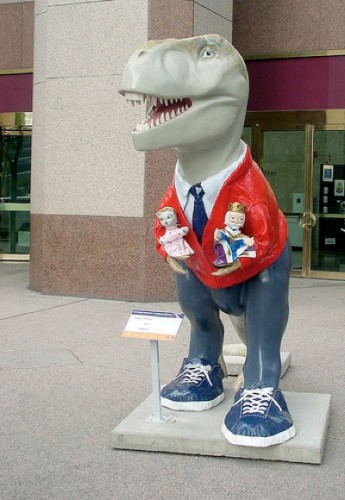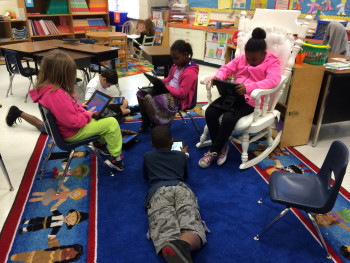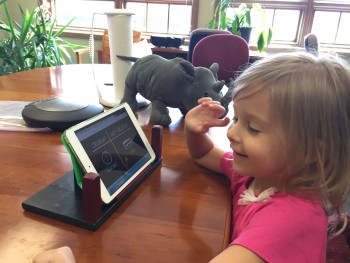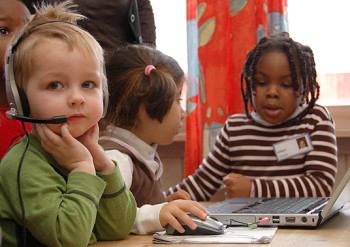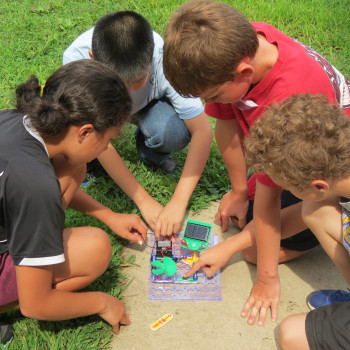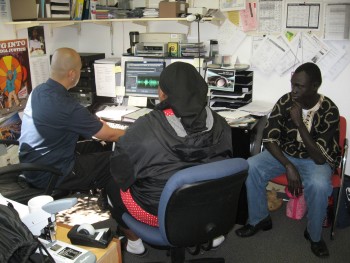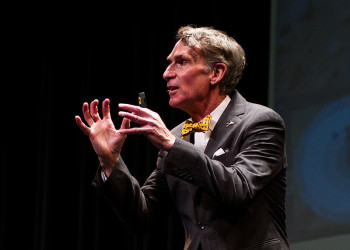Rockman et al has been conducting high-quality educational media research for more than 25 years and has a well-respected track record in the field. Our team is well-versed in new media technology as well as traditional media research, and we are experienced with using innovative technology solutions to help conduct media research– including social media impact analyses and mobile surveys. Our research projects have included digital games, mobile apps, augmented reality, digital badging, and transmedia initiatives.
Our deep flexibility and knowledge in media research allows us to efficiently customize our research, evaluation, and consulting services to meet the unique needs of each project. We are skilled in facilitating partnerships between schools, after-school and daycare centers, community groups, and media production and distribution agencies. Our staff are spread throughout the continental United States, and experienced in conducting large-scale studies for federally-funded initiatives.
Please explore selected examples of our children’s and youth media projects below.

